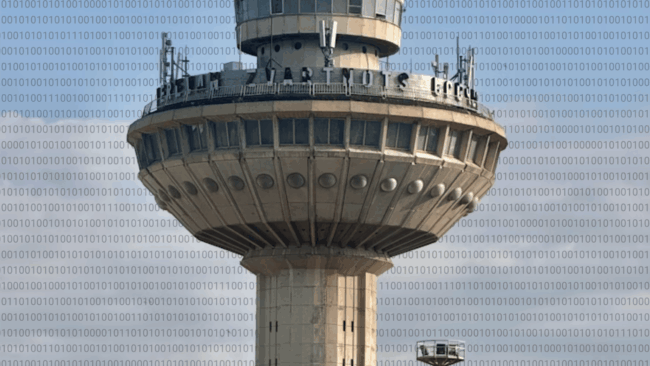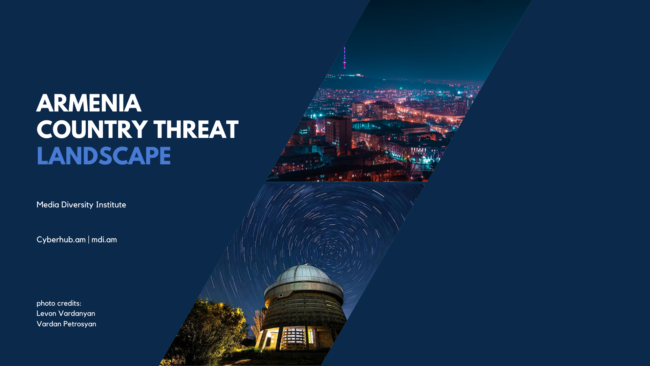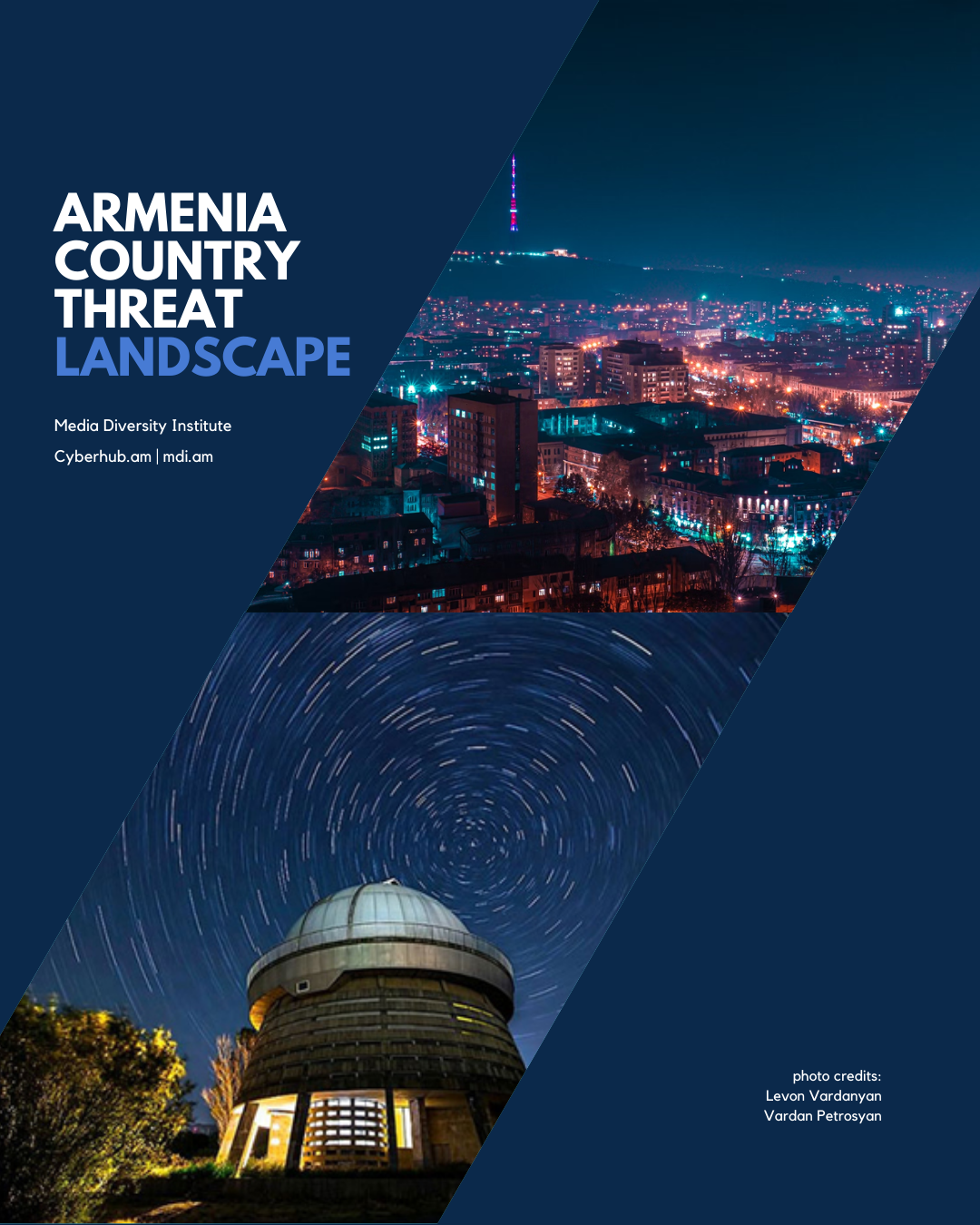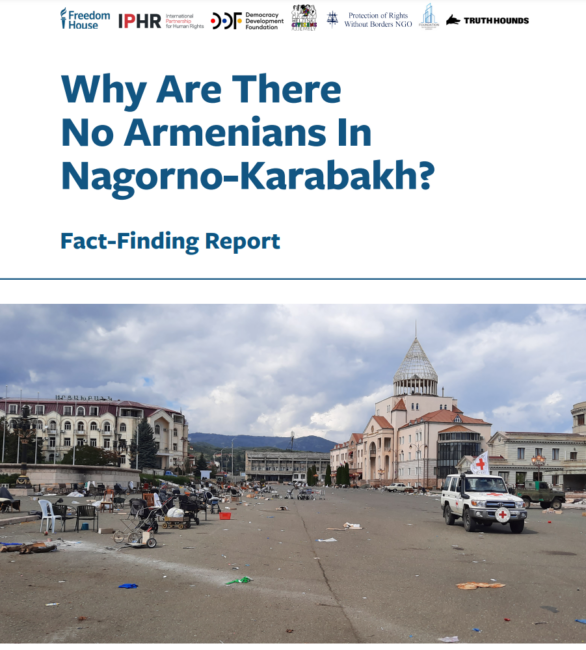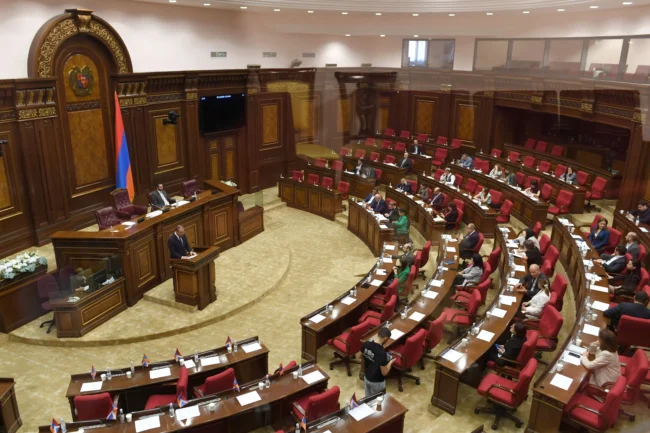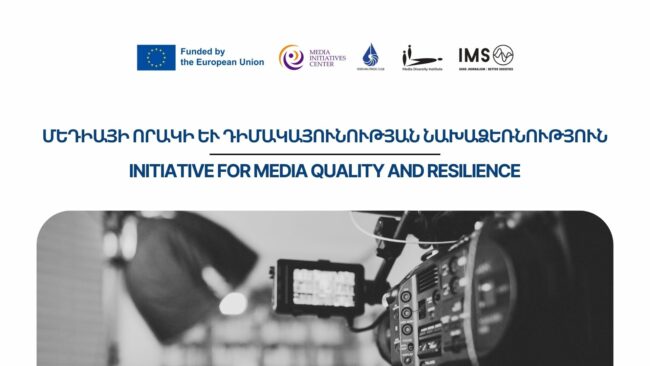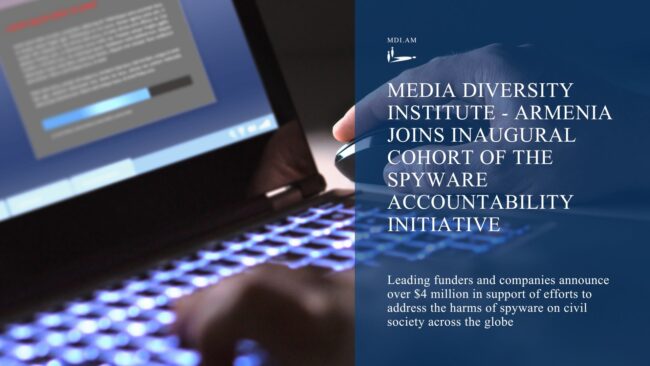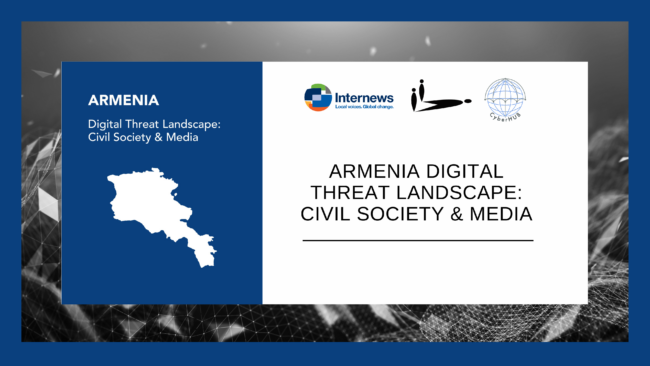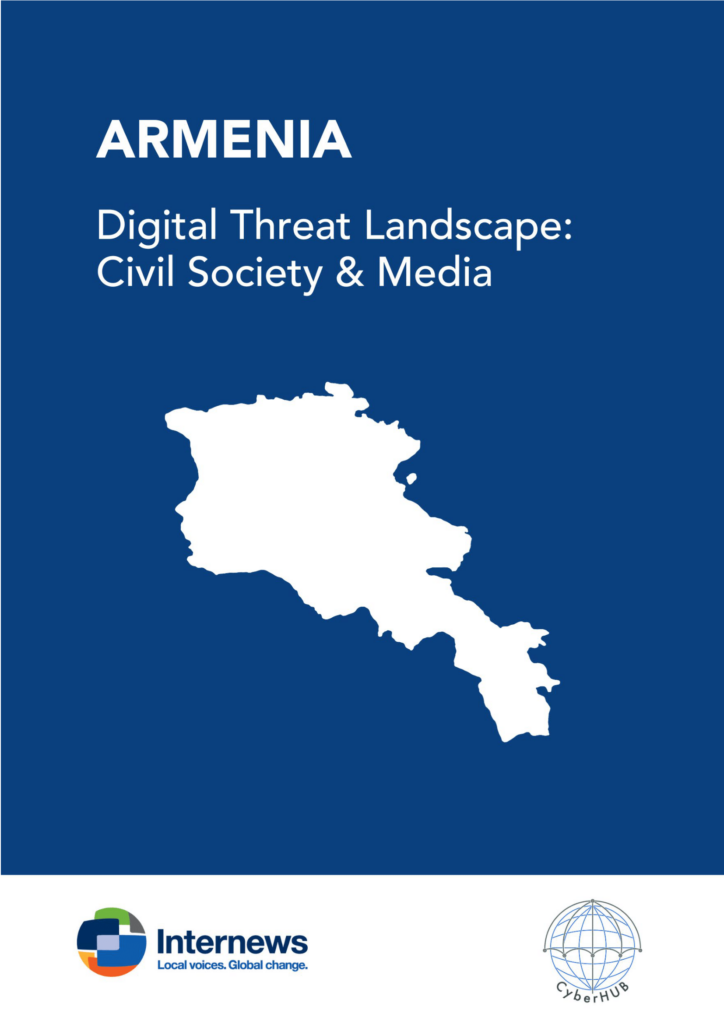Armenia’s digital security environment faced significant challenges in 2024, largely driven by geopolitical tensions and sophisticated cyber threats. The country’s strategic pivot toward the European Union, United States and reduced dependence on Russia appears to have intensified these cybersecurity risks.
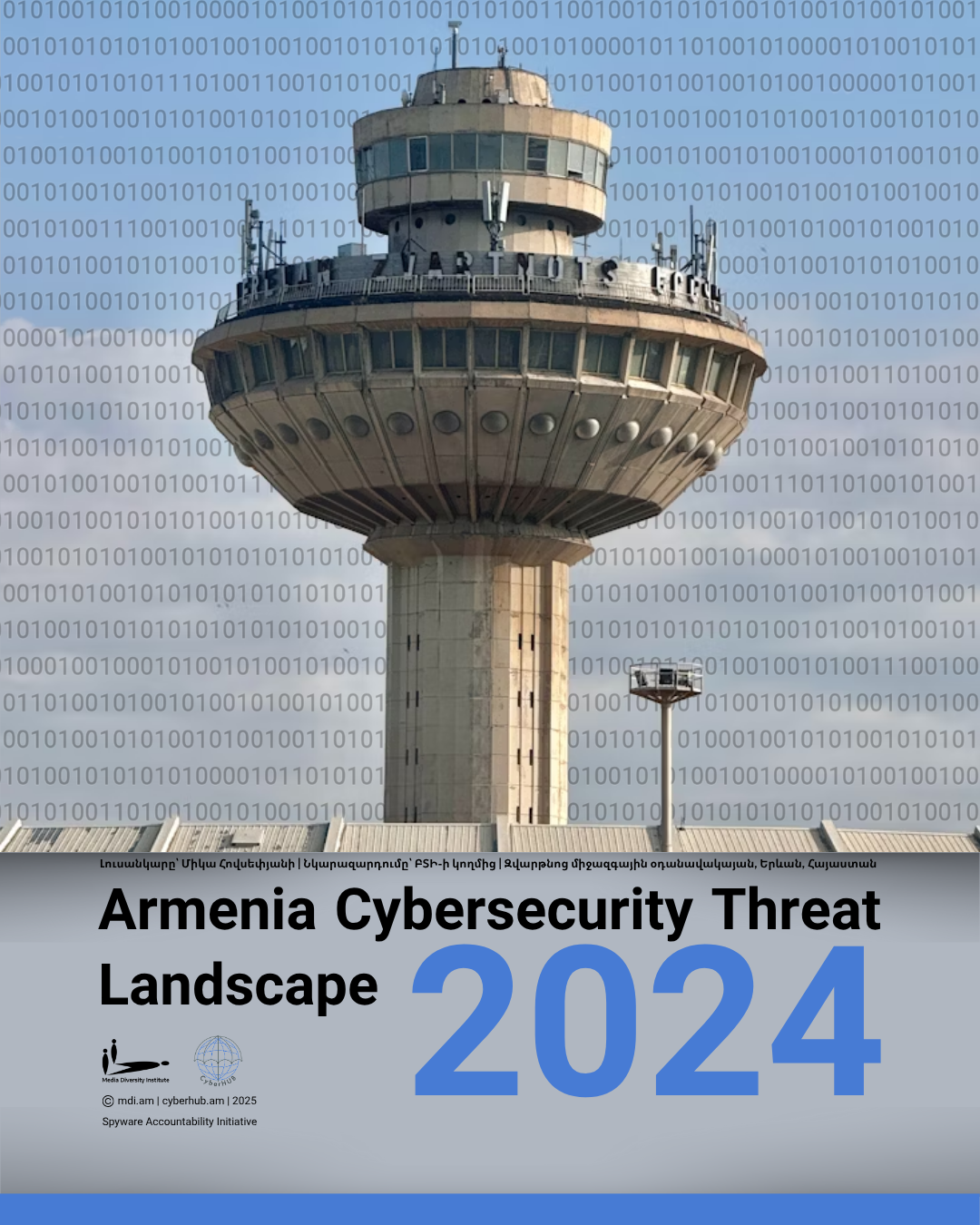
Download the full report here:
The threat landscape encompasses multiple sectors, with targeted attacks against government institutions, media organizations, and civil society groups. State-sponsored cyber espionage has become particularly concerning, with advanced spyware deployments observed during the Armenia-Azerbaijan conflict. These persistent attacks on Armenia’s digital infrastructure have raised serious security concerns.
This report provides an updated overview of key cyber threats facing Armenia – including mercenary spyware, phishing, DDoS attacks, website hacks, remote access trojans (RATs), and insider threats – and examines significant incidents, trends in cybercrime and state-sponsored attacks, as well as the responses by Armenian authorities and cybersecurity organizations. The goal is to offer cybersecurity professionals, policymakers, and journalists a data-driven analysis of Armenia’s cyber resiliency and emerging risks in 2024.
